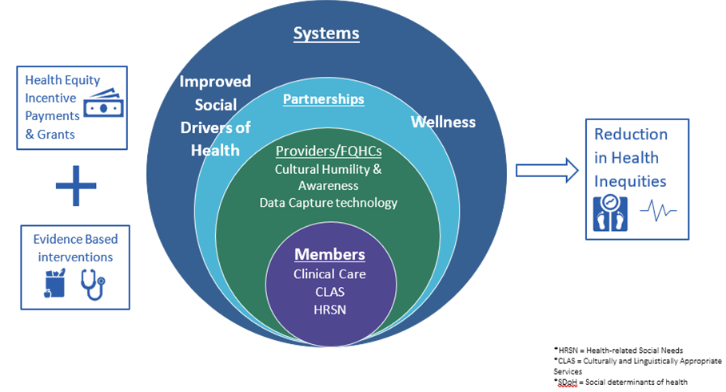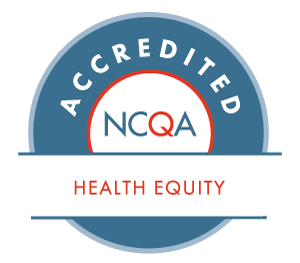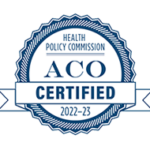
Diversity and Inclusion
We, the Community Care Cooperative Board of Directors, hereby declare racism a public health crisis and affirm our commitment to diversity, equity and racial justice. We commit to implementing a proactive response to racial injustice, including charging management to create a Committee that will provide organizational leadership.
Our employee-led Diversity, Equity, and Racial Justice (DERJ) Committee works to acknowledge, recognize, and address how white supremacy and systemic racism have adversely impacted people and communities of color. We seek to:
Current Initiatives of the Diversity, Equity, and Racial Justice Committee
We strive for true change in all we do, including hosting a DERJ Symposium, employee trainings, affinity groups, vendor relations, and a health equity fellowship program for recent graduates.
DERJ Operation Framework
This frame provides the theory of change, which gives us confidence that the proposed activities will yield the desired impact and propel us closer to a more diverse, inclusive, and racially just state.
Human Resources
Reorient Human Resource policies and practices to provide for and assure proportional representation of the population C3 services.
Racial Justice
Support the racial justice movement within the communities we serve and the industry.

Inclusion
Dismantle all forms of racism against Black, Indigenous, and People of Color within C3.
Health Equity
Close health disparity gaps to a variance of less than 5% for each measure.






